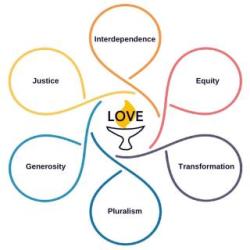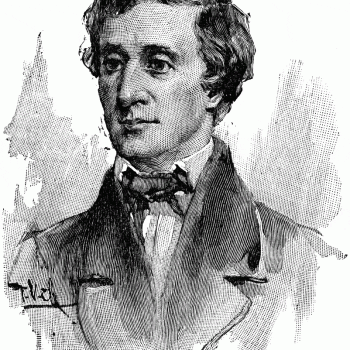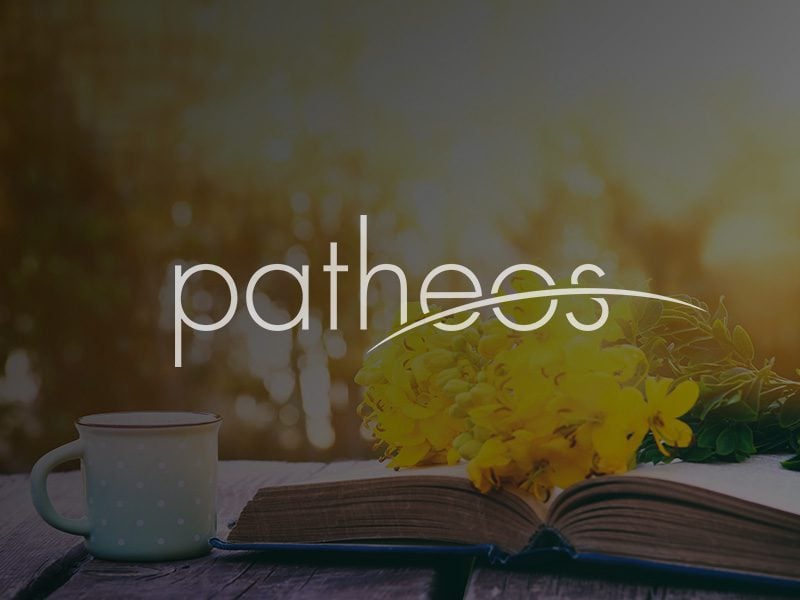 I was recently asked, “When people say they are “spiritual,” what do they mean?” I thought it was a brilliant question — one that spiritual seekers themselves often don’t stop to ask.
I was recently asked, “When people say they are “spiritual,” what do they mean?” I thought it was a brilliant question — one that spiritual seekers themselves often don’t stop to ask.
While there are countless practices, beliefs, traditions that fit comfortably under the heading “spirituality,” I think there’s a simple answer to this question that unites them. In short, I believe that to be spiritual is to seek connection with spirit: the soul, or “essence,” of reality.
Here it’s useful to distinguish between “spirit” and “soul” — two words that are often used interchangeably. Psychologists and spiritual writers like John Welwood and Bill Plotkin define “soul” as the essence of an individual entity, and “spirit” as the soul of the universe — the essence of reality.
The spiritual landscape can be roughly divided into traditions that focus more on spirit or more on soul.
Plotkin characterizes spirit as the upward path while soul is the downward path (though not in a negative way). Spirit is universal, transcendent, and is characterized by the upper world: the realm of light. Soul is personal, immanent, and is characterized by the descent inward to the essence of who we are: the intimate darkness.
While all religious traditions acknowledge the “upward” and “downward” movement of spirit and soul in some way, Plotkin argues that the dominant world religion focus on the upward path of spirit. This includes Buddhism, Abrahamic traditions, Hinduism, Taoism, where the goal is to know, unite, or align with the universal essence.
By and large the earth-based, indigenous, animistic, magical, traditions emphasize the path of soul, where the goal is to descend into the earthy, watery depths to find there your true self (which is a unique expression of the universal Self). The traditions that focus on the downward movement to soul — those that are earthy, natural, or “dark” — were historically demonized (often literally) by traditions based on the upward movement to spirit. However, the movement upward and downward are really both a movement toward a central truth.
Whether our spiritual practice seeks to touch the universal spirit (the essence of reality) or our personal soul (the essence of ourselves) we are reaching for, and connecting with, the same thing.
In Hinduism, atman is considered both the universal soul and the soul contained in every individual. In Kabbalistic Judaism, each person carries a “spark” of the same divine. In Christianity, the Kingdom of Heaven is said to be within.
Another common question about spirituality is what distinguishes it from philosophy? I believe the key difference here is that philosophy (as it is generally understood today) seeks to understand with the mind, spirituality seeks to experience with the whole being.
In the practice of philosophy, the tendency is to try to understand the world with reason, keeping it at a distance in order to maintain intellectual clarity. In the practice of spirituality, the aim is to let the world wash over and through us, to achieve an intimate, felt experience of connection – or union – with reality.
Thus, to be spiritual is to seek connection with the spirit of the world — to experience the essence of reality with our whole being — in order to enter fully into the heart of life and live completely.
__________
Subscribe to The Spiritual Naturalist Society
Learn about Membership in the Spiritual Naturalist Society
The Spiritual Naturalist Society works to spread awareness of spiritual naturalism as a way of life, develop its thought and practice, and help bring together like-minded practitioners in fellowship.
SNS strives to include diverse voices within the spectrum of naturalistic spirituality. Authors will vary in their opinions, terms, and outlook. The views of no single author therefore necessarily reflect those of all Spiritual Naturalists or of SNS.
_________
















